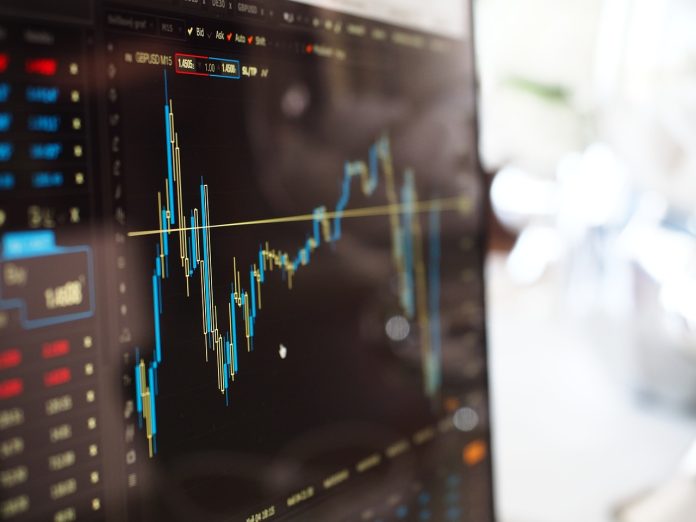In the dynamic world of trading, staying ahead of market-moving events is crucial for making informed decisions. An economic calendar serves as a valuable tool for traders, providing a comprehensive overview of upcoming economic events, announcements, and data releases. In this article, we will explore how traders can effectively use an economic calendar to enhance their trading decisions. We will delve into strategies for incorporating economic events into trading plans, managing market volatility, and capitalising on potential opportunities. By harnessing the power of an economic calendar, traders can gain a competitive edge and optimise their trading outcomes.
Understanding the Economic Calendar
An economic calendar is a resource that displays scheduled economic events, such as central bank meetings, economic indicators, policy announcements, and corporate earnings reports. Traders can access economic calendars through various platforms, including financial websites, trading platforms, and economic news portals. By understanding the structure of an economic calendar and its significance, traders can effectively identify and analyse key events that may impact the financial markets
Traders should regularly consult reputable economic calendars and resources like Robo Markets advice for traders to enhance their trading strategies and achieve better trading outcomes. By harnessing the power of an economic calendar, traders can navigate the ever-changing financial landscape with confidence and precision.
Incorporating Economic Events into Trading Plans
To leverage the power of an economic calendar, traders should incorporate economic events into their trading plans. This involves identifying events that have a high impact on the markets, such as interest rate decisions, GDP releases, employment reports, and inflation data. Traders can anticipate the potential market reactions to these events and adjust their positions, risk management, and trading strategies accordingly. By aligning their trading plans with economic events, traders can position themselves to take advantage of price movements and volatility resulting from the announcements.
Managing Market Volatility
Economic events often trigger market volatility, creating both risks and opportunities for traders. By closely monitoring the economic calendar, traders can anticipate periods of increased volatility and adjust their risk management strategies accordingly. This may involve adjusting position sizes, setting appropriate stop-loss levels, or employing hedging techniques to mitigate potential risks. Additionally, traders can use volatility-inducing events as opportunities to capitalise on price fluctuations through strategies like breakout trading or momentum trading.
Capitalizing on Potential Opportunities
An economic calendar provides traders with insights into potential trading opportunities. By analyzing historical data and market expectations surrounding specific events, traders can anticipate the potential impact on various financial instruments. For example, positive economic data may suggest a bullish outlook for a currency, while negative corporate earnings can influence stock prices. Traders can use this information to identify potential entry and exit points, implement trend-following or contrarian strategies, and make well-informed trading decisions.
Conclusion
An economic calendar is a powerful tool for traders, enabling them to stay informed about upcoming economic events and incorporate them into their trading decisions. By understanding the structure of an economic calendar, traders can effectively identify and analyse key events, manage market volatility, and capitalize on potential trading opportunities.







